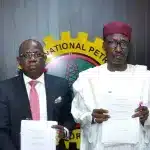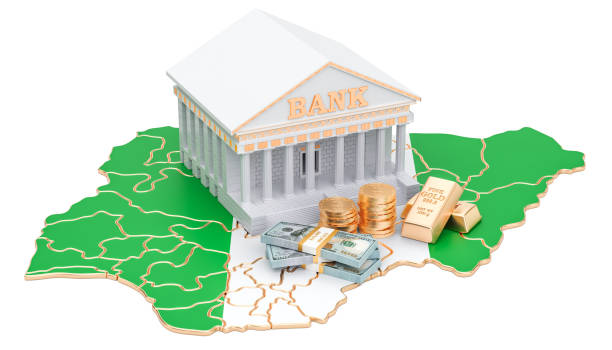The average rate of the dollar in the black market increased by N1.2 kobo or 0.15% on Wednesday, 21 June, to N760.3/$1, from the previous day’s N759.1/$1.
However, the pound rate depreciated to N983.4/£1, having gone for N987/£1 rate during trading the previous day, according to Naira Rates, a parallel market aggregator.
Join our WhatsApp ChannelIt was learnt that the euro followed the same path as the pound, trading downward at N843.3/€1, which is N0.3 kobo drop in price compared to Tuesday’s N843.6/€1 rate.
In the official market, the price foreign exchange buyers bought the dollar increased to N763.17/$1, as authorised dealers upped the price by N6.56 kobo from the previous day’s N756.61/$1 rate.
Although, according to foreign exchange data released by FMDQ Exchange, the dollar rate traded as high as N815/$1 and as low as N476/$1 rate.
During trading in the official market, foreign exchange traders transacted $96.44 million in foreign exchange, with supply depreciating by 28.2%.
This means that investors and exporters traded $38.03 million less in foreign exchange compared to the $134.47 million reported the day before.
Meanwhile, Nigeria’s foreign reserves have dropped by $654.09 million since President Muhammadu Buhari left office in late May 2023.
The foreign reserves fell to $34.49 billion from $35.14 billion Buhari left behind, according to data from the Central Bank of Nigeria (CBN).
Prime Business Africa gathered that the foreign reserves dropped amid the ongoing monetary policy reforms of President Bola Tinubu.
Recall that Tinubu said “We shall ensure that investors and foreign businesses repatriate their hard earned dividends and profits home,” during his inauguration speech, in a bid to boost foreign investors’ confidence in the Nigerian market.
There have been complaints by both local and foreign business owners in Nigeria regarding foreign exchange scarcity, which has impeded business growth.

















Follow Us